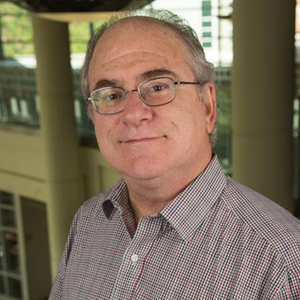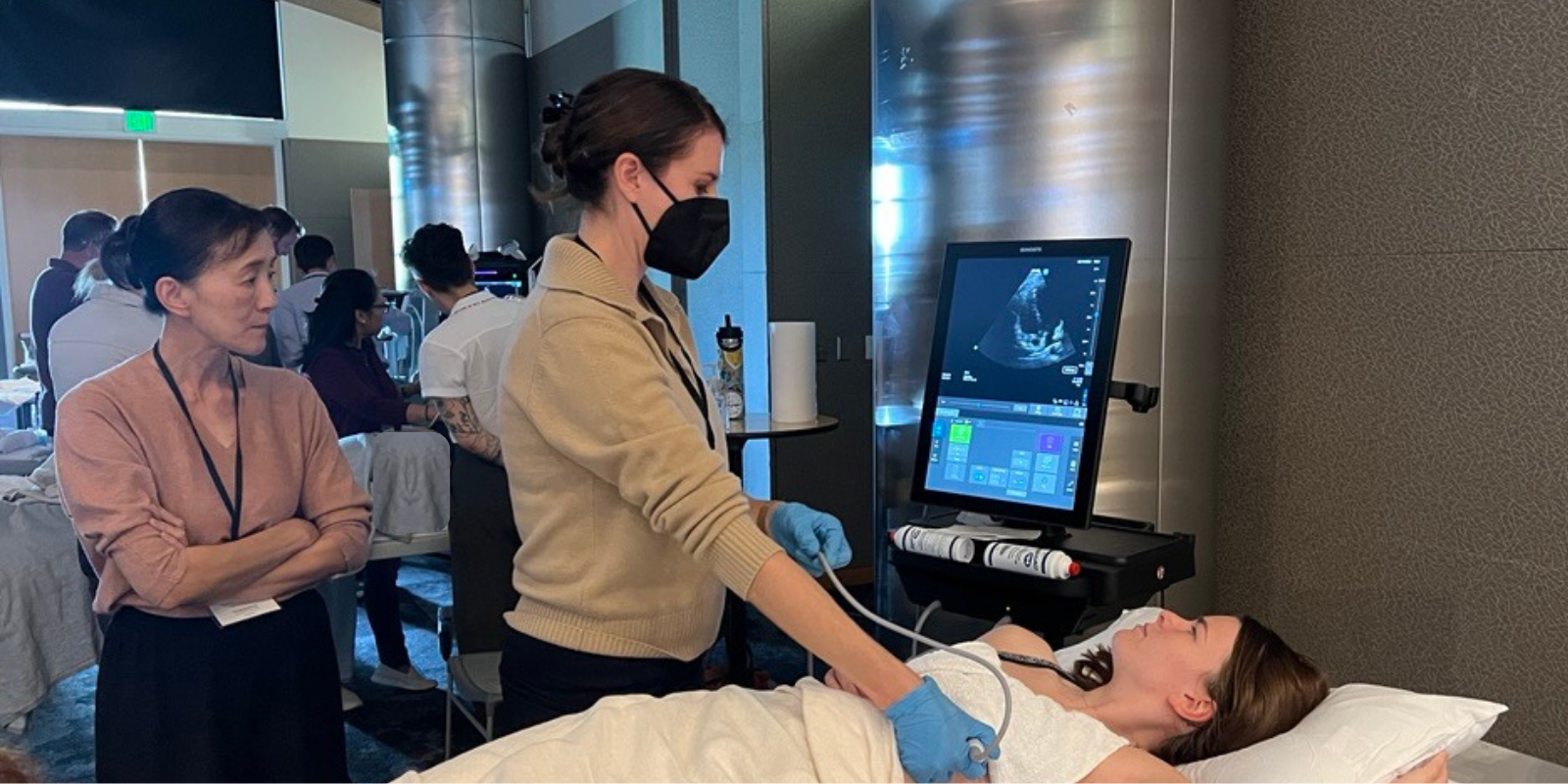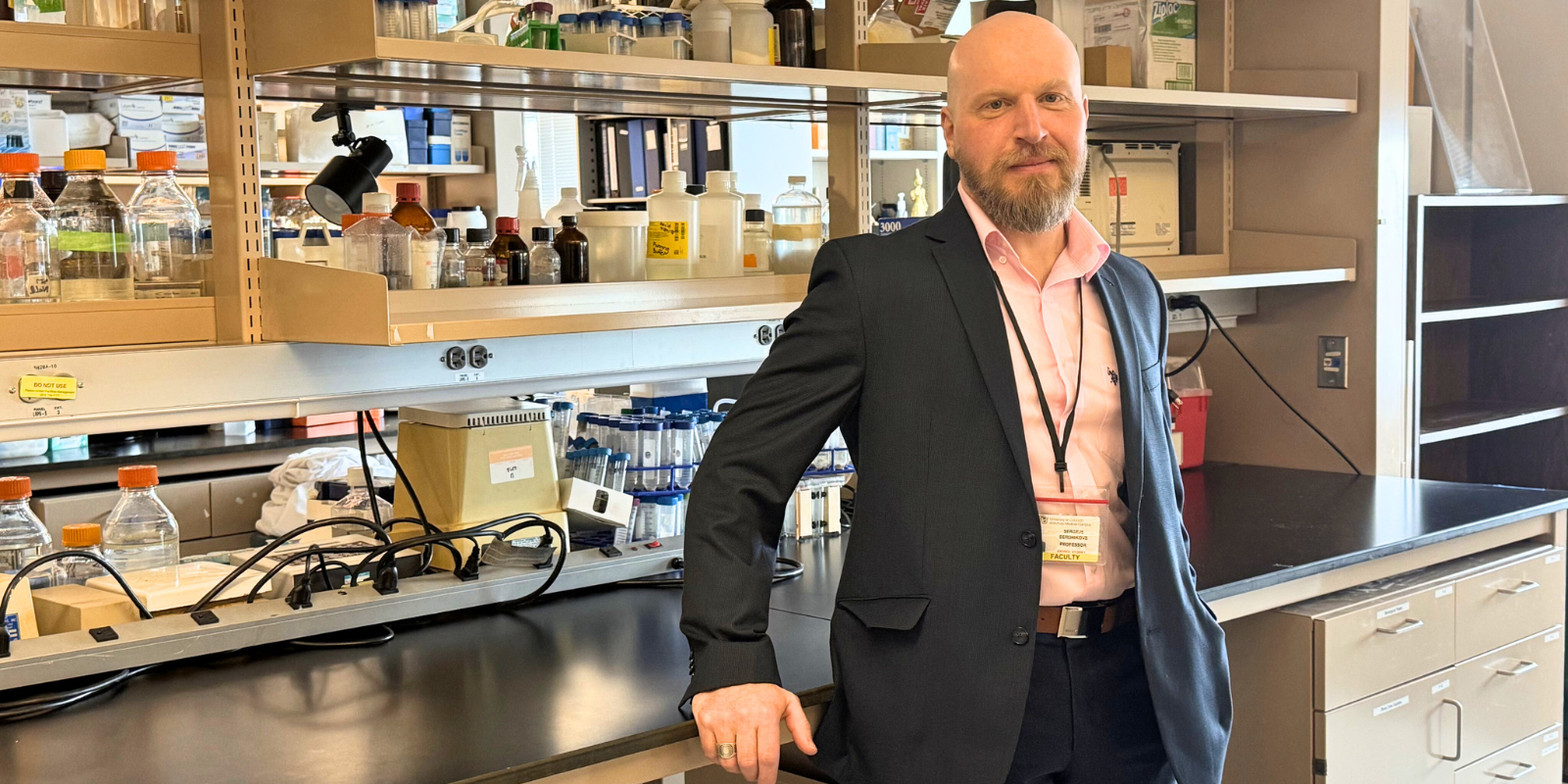“Really? Me?”
Bennett Parnes, MD, recalls that as his initial reaction when he learned he would be among 21 University of Colorado Department of Medicine faculty members to be honored for their clinical work as the inaugural class of the department’s Clinical Excellence Society (CES).
“It was quite an honor,” says Parnes, an associate professor in the Division of Geriatric Medicine. “Initially I was a bit stunned, because I look at some of my colleagues who are the best of the best in a specialty. I don’t have expertise in a unique specialty area. So I was a little intimidated. But I’ve come to accept and embrace this. I think that, because of training and experience, I’m good at primary care of older patients. Primary care is a different animal, and it can be really hard to do well in caring for older people. It’s about experience more than algorithms and rules, because with people in old age, every situation is different, and you need to pay attention.”
Parnes’ self-appraisal echoes that of Alexis Giese, MD, clinical professor of psychiatry and family medicine, who nominated him for the CES.
“Dr. Parnes’ clinical effectiveness arises not only from medical knowledge and skills, but also from his outstanding ability to form collaborative relationships with patients and families and to take the time to actually listen to what they tell him,” Giese wrote. “Patients trust him because he understands them and cares about them.”
Practicing in Asia and Hawaii
Parnes says he’s been interested in medicine since he was a boy, an interest that carried him through medical school and residency 40 years ago. “It seemed like it was a way to take care of people. And I love people.”
He was trained as a family physician, and his goal was to work overseas. He wound up practicing in post-Vietnam War refugee camps in Thailand, where his patients included people who had fled the Cambodian “killing fields” under the brutal Khmer Rouge regime. He also met his wife, who was also working in the Southeast Asia camps.
“It was quite eye opening, and perhaps my most rewarding job ever,” he says. “But it was a volunteer position, so it wasn’t sustainable long term.”
→ More information on the Clinical Excellence Society
After that came eight years in Hawaii practicing in rural sugar plantation clincs. That’s where he developed a fondness for aloha shirts, which he still wears at times today. “One nice thing about practicing in Hawaii back then was that those shirts were the attire for work. No one wore ties.”
In 1992 he passed his geriatric-medicine boards. Eventually he wound up in Denver, where his wife had roots. First he worked at an indigent clinic, but it eventually folded, and in 2000 he transitioned to geriatrics full time.
“It was a tough decision to give up full-time family medicine, but I’m so glad I did. I do feel kind of like a specialist, knowing well this one period of life. And I love it.”
Solving the puzzle
Parnes practices at the UCHealth Senior Clinics on the CU Anschutz Medical Campus and in Lone Tree. Asked about his philosophy in dealing with patients, Parnes says: “Listen carefully, because that’s really when things come out, when patients or families or caregivers talk about what’s going on. That helps me to solve the puzzle. And I’ll search through the chart and read notes that generally aren’t read if they’ve seen a specialist since I last saw them. It takes a bit more work, but I really like to know everything that’s going on with my patients. That’s where the clues are.”
He adds: “It’s really important to focus on caregivers, especially when patients are frail or have cognitive dysfunction, because they’re the key to success. Now there’s a lot of focus on caregivers, but I can remember years ago asking caregivers how they were doing, and they were shocked that anyone would ask them. We’ve come to realize the importance of caregiver health and avoiding burnout.”
At age 68, Parnes says he’s not working full-time anymore, but he’s not ready to retire just yet.
“It’s an honor to be able to enter people’s lives and do my best to help them and improve their situation, especially when they’re declining. Probably every week, something goes really well or I figure out a puzzle that was not going to be solved otherwise. And many of the interactions with patients and families are wonderful when we talk about other aspects of life. It’s such a privilege to be able to talk to people and hear about them as well as help them.”
Photo at top: Bennett Parnes, MD (center) is inducted into the CU Department of Medicine's Clinical Excellence Society by department Chair Vineet Chopra, MD, MSc (left) and John Carethers, MD, vice chancellor for health sciences at the University of California San Diego at the induction ceremony on February 8, 2024. Photo by Paul Wedlake for the CU Department of Medicine.




